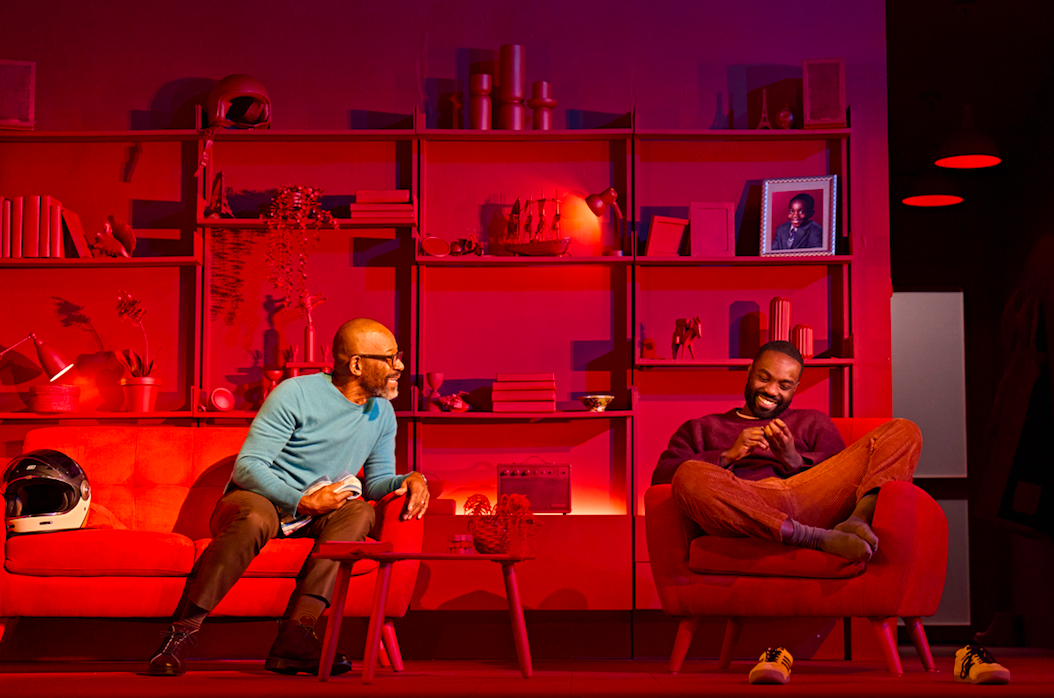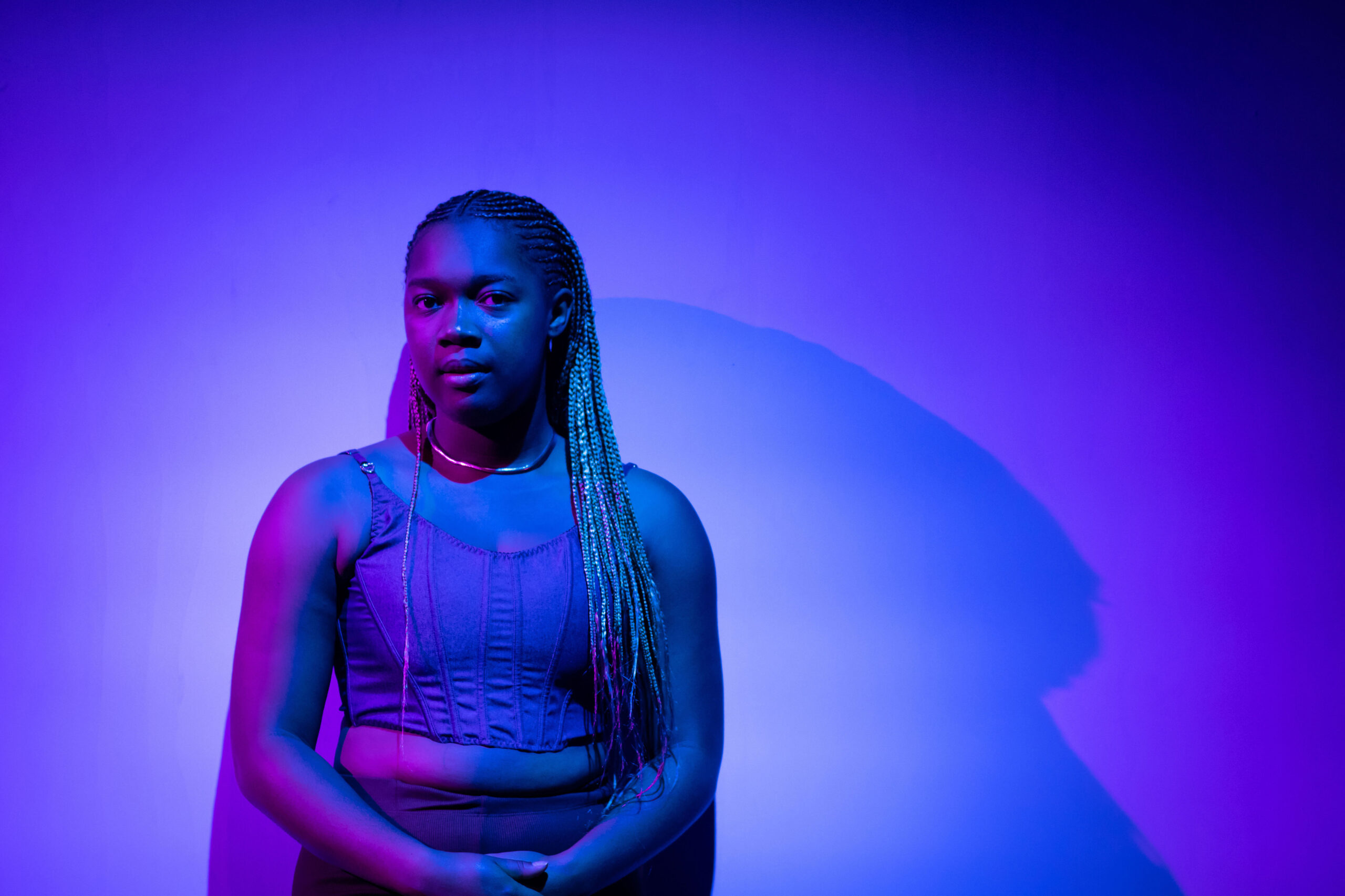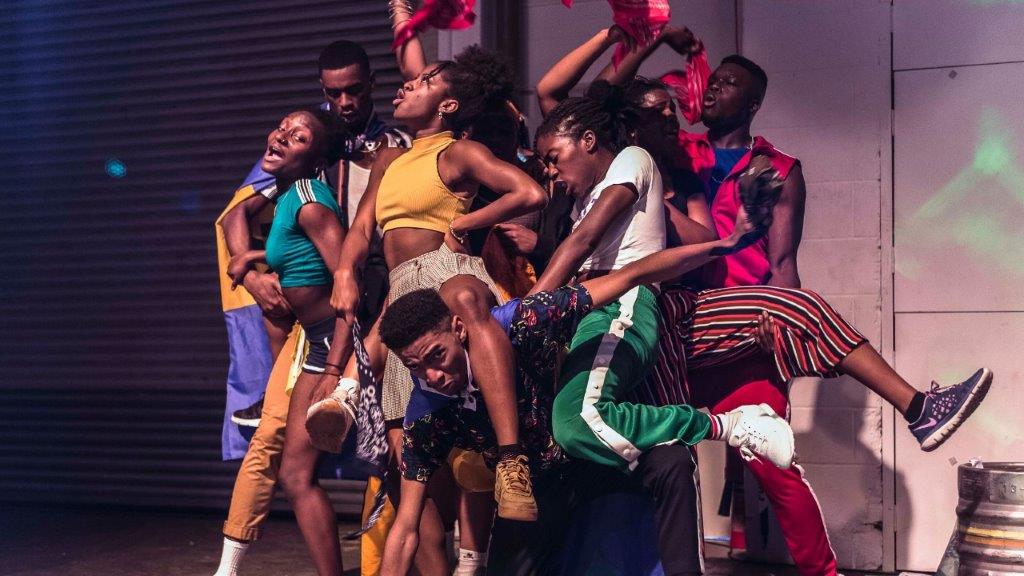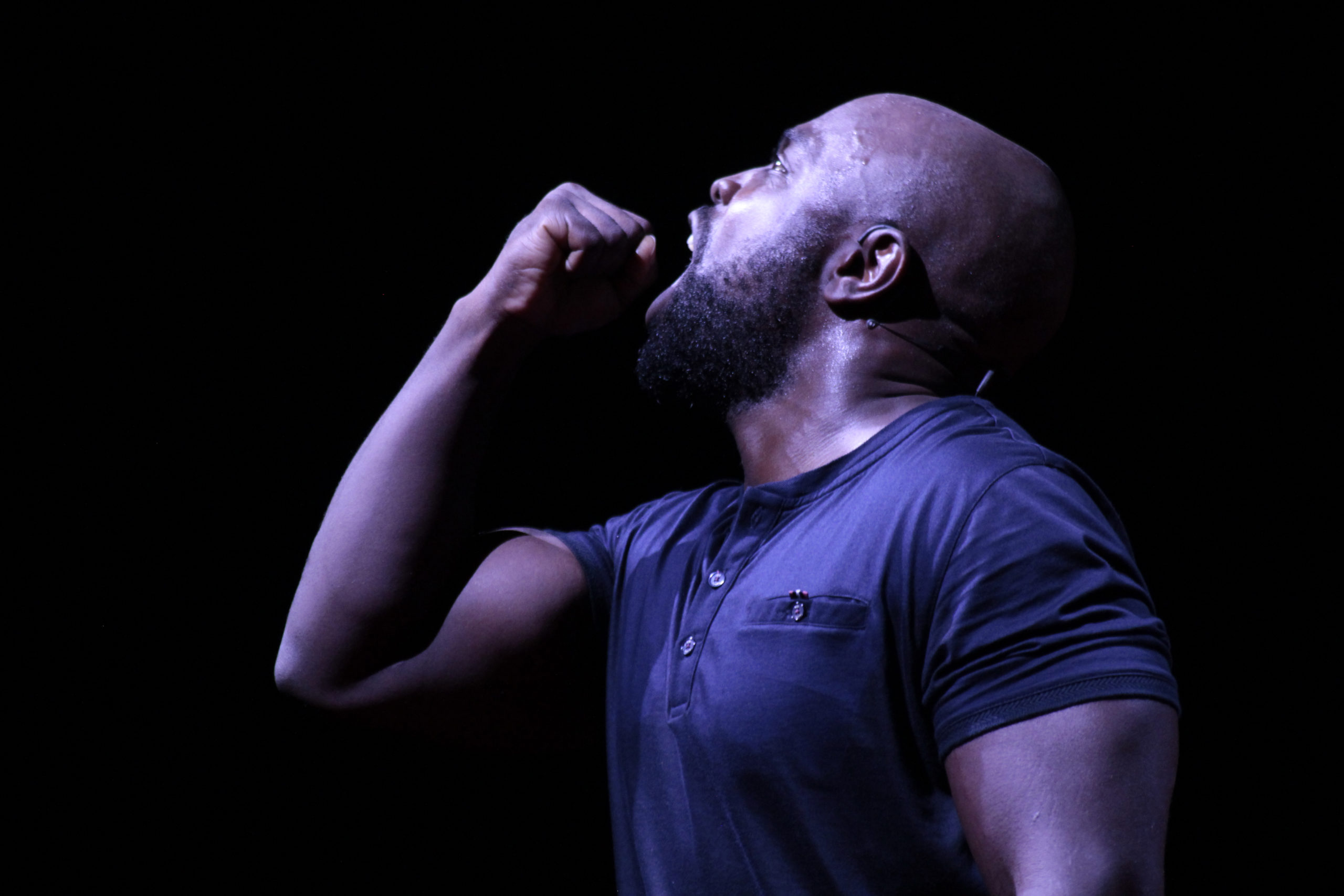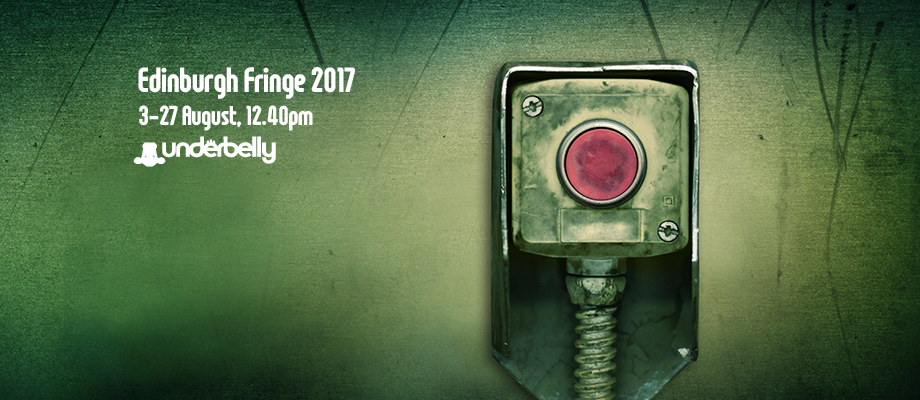
For those that regularly attend, the Edinburgh Fringe is an incredible chance to see the latest from our country’s most talented directors, writers, comedians, and actors. The festival is internationally renowned for showcasing the best of new talent in theatre and comedy. One of this year’s most exciting shows visiting the festival is Rupture, a sci-fi tragi-comedy written and directed by Karla Marie Sweet and Michal Keyamo. I met with the duo to discuss their work, being black women in theatre, and the next steps for Rupture ahead of the Fringe.
Karla and Michal’s energy is infectious, the two spur each other on in conversation, and have nothing but praise of one another’s talents. “When I read Karla’s work, Rupture, I just got it. First of all, the fantastical element, the futuristic element, I love all of that, I love pieces that transport the audience to a time and or place that they’re not used to, and Rupture does this so well,” Michal says.
Drawing on the recent political upheaval both in the UK and US, Sweet’s play Rupture is set in a dystopian future, where main character Jay finds himself conflicted by a newfound role at the government agency he works for. Using genuine and current socio-political concerns such as global warming, state control, and international conflict, Rupture offers audiences a glimpse into a worrying future not so distant or unrecognisable from our own.
Karla Marie Sweet, the writer behind Rupture, chose to use sci-fi as a genre – a choice not without it’s challenges, “Sci-fi is so hard to write. You have to construct this world, where everything makes sense, everything has context, everything within it is believable, but it’s not. It’s one step away from reality, it’s alien.” Given recent political events however, inspiration came easily. “When Trump got voted in, all of a sudden it was like this fog lifted. I suddenly had this very clear vision of this hellish view of a future that could and would occur.”
It is a hellish future that many of us are familiar with. In the last few months, both in the UK and the US, we’ve seen hate crimes rise by 20 percent for religious and racially motivated crimes, 12 percent for homophobic incidents, and a huge 216 percent increase in the number of disability hate victims over 2016-2017.
For Michal, the play tackles the issue of division and oppression skillfully. “In Rupture there are no two-dimensional characters who are like ‘the good guys’ or ‘the bad guys’. They all believe they’re doing the right thing, even when they’re not. They don’t know which choices are the right ones. In some ways, it makes me think of Brexit voters…”
It’s not an unfair allusion to make. In the hours following the Brexit vote in 2016, Google reported spikes in searches questioning what it was our country had actually voted for. The outrage from both sides of the Brexit campaigning on the age of ‘post-factual’ politics remains palpable, and Sweet’s play draws on this, as she says, “people vote and play by the rules if it perpetuates a system that they’re benefitting from, or one that they think is benefitting them, even when it’s not. It’s scarily easy to not see how your own interests are being negatively affected by your own vote.”
For Karla, the current political climate and the drain on the arts is another reason to take Rupture to the Fringe. “The one thing about writing social commentary, is that you can end up preaching to the choir. Especially in the arts – if your film is loudly political you can bet that the majority of your audience will go to have their own views affirmed. You know that your audience will be political too, will share those views. Theatre is different, because you know your audience is going to be more white, more middle class, perhaps older.” For Michal and Karla, using both theatre as a vehicle and the Fringe as a platform is incredibly important as well as intimidating, as Karla says, “It’s a riskier medium to go with anti-establishment messaging, but it’s also a really valuable space to challenge views, and get people to think differently. You’re open to the story and to the narrative, and so you have to absorb a different point of view.”
While it is an intimidating prospect, Michal is full of praise for Karla and the play itself: “this is part the reason I wanted to work with Karla. Theatre can be very ego-driven and not help pave the way for other people, but Karla is an incredible writer, an artist too, and she’s keen to make change and is passionate about theatre beyond the ‘la-la-la’. She’s asking questions, and making an impact. It’s nice to be part of projects that mean something.”
Rupture is working to change the current climate, and not just in the play’s content. Ten percent of all ticket sale value will be donated to Arts Emergency, a charity that works to get young people from disadvantaged backgrounds access to the arts and humanities, and provides access to careers in creative fields. Karla’s motivation came from her experience at the Fringe last year. “I saw a photo of an audience at Underbelly, and I noticed that every face in the audience was white. This isn’t the UK I know, but I thought, I can either sit here and not do anything about it, or I can do something to change that and stop it getting even whiter, even posher. I’m taking an incredibly diverse cast up, we’re putting on a politically charged play.”
You can donate to Rupture’s crowdfunding here, find out details for Rupture’s London preview schedule here, and follow Karla and Michal via Twitter for more information.

